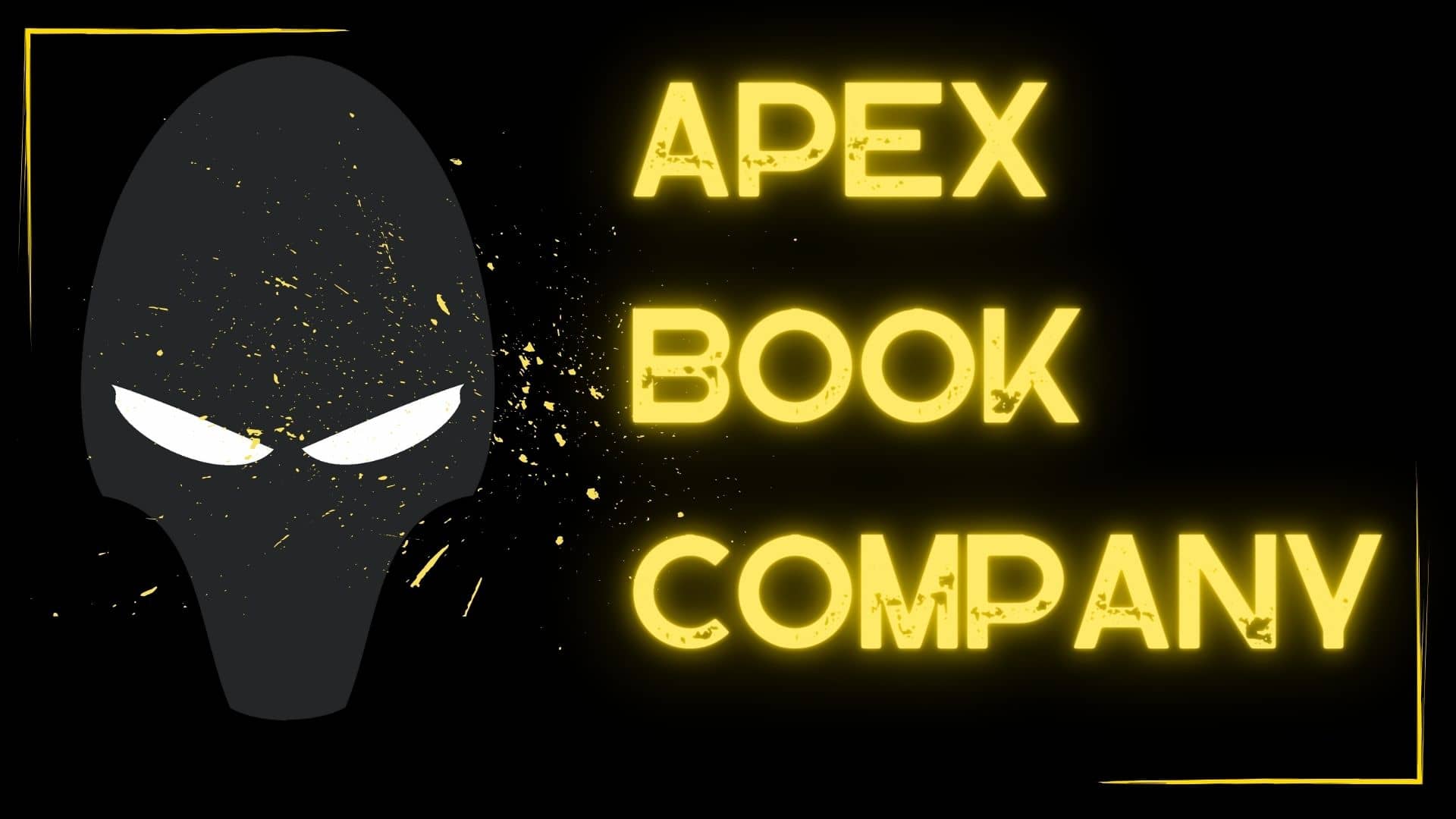The Apex Book of World SF 4 edited by Mahvesh Murad is coming in late August. Between now and then, we would like to feature some of the contributors in the anthology.
Sese Yane was born in Kenya, has also lived in Uganda and currently practices law in Nairobi. This short story was his first published work when it appeared in Terra Incognita.
Preorder The Apex Book of World SF 4.
Preorder all four anthologies in The Apex Book of World SF series with their brand new covers.

Tell us a little about your story in The Apex Book of World SF 4.
Well, this particular story was an interrogation on communication. At the heart of the story is a strange corpse and a coroner who has probably 'never said anything' to his wife. He can only speak, we're told, in a scientific language; meaning he can only give a report but cannot talk for pleasure, because talking is absurd. But this strange corpse threatens to contradict him. (Disclaimer: the story isn't as interesting as this preamble probably presents it to be.)
Why do you feel it is important to read stories from around the globe?
I don't know if it's important to read stories from around the world. I have never read to understand a people (and that's what reading from around the world might imply). I only read to be entertained, and I can only be entertained by a writer who talks about the human condition with honesty. I'm African, I've lived in Kenya my whole life, but if I find Dostoevsky to be honest in his representation of the human condition, and a certain Kenyan writer to be absolutely dishonest about it, I'll always choose Dostoevsky. So perhaps it's important to read stories around the globe after all, if they indeed open you up to honest writers. But other than that, it's meaningless.
If you could tell people to read one author from your home country, who would it be and why?
I'll suggest Kenyan writer Said A. Mohamed's impressive play Amezidi. Unfortunately it's in Swahili. I believe if the book were to be translated it would probably collapse; my suggestion, which is absolutely ridiculous in any event, would be that the reader should first endeavor to learn Swahili. But if you've read Beckett's Waiting For Godot, then you haven't missed anything. This play is also about two characters who spend their time talking about nothing, simply repeating what the other has said or disagreeing with the other immediately when the other agrees with what they have been saying. The writer reminds us at the beginning of every new scene that the conversation is happening in their heads and not in the cave where they're sitting.
Preorder your copy of The Apex Book of World SF 4 today!
Read our other The Apex Book of World SF 4 author spotlights

